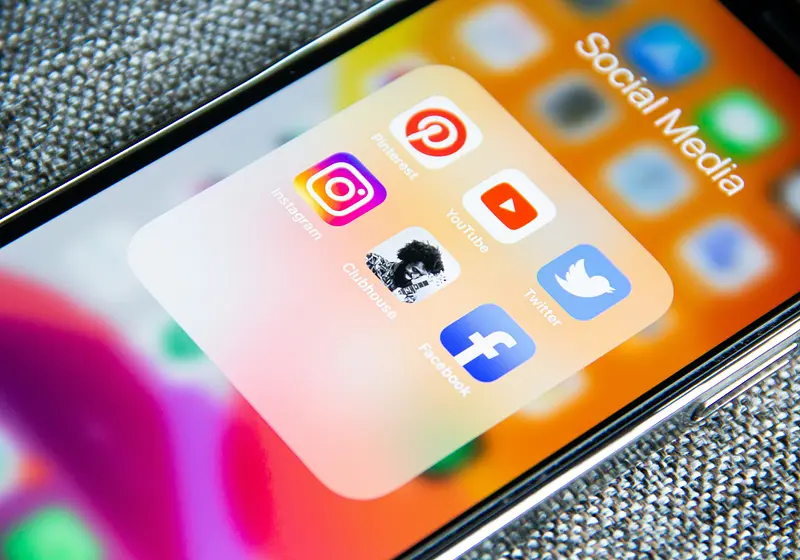Aside from the threat of COVID-19 itself, 2020 has seen a terrifying rise in scams and hacking, with criminals exploiting fear of the virus to trick people into sharing personal data. There has never been a more critical time to educate yourself on maintaining data privacy and cybersecurity.
You may feel like you have already amassed the common sense to protect your data, or you may have no idea what security measures you should even begin to take. Regardless, it is essential to consider that scammers and hackers are professionals in extracting personal data, and successfully target individuals daily. By taking the necessary steps, you can avoid becoming just another victim statistic.
On speaking to the Irish Data Protection Commission, they helped provide the following eight ways to protect your data during the COVID-19 outbreak.
1) "Avoid clicking links or opening attachments that you are unsure about."
This advice is age-old and may seem common sense; however, you should consider that COVID-19 related links are more likely to draw in victims - especially if they are perceived to be forwarded from someone you trust. The Data Protection Commission advises readers to: "In particular, be wary of attachments which you were not expecting."
Even if the link or attachment seems credible, it is crucial to remember that "displayed text for a link can look like a legitimate URL, but the link when you click it can lead somewhere else," the Data Protection Commission says.
2) "Pause and take a few minutes to read over the privacy policy or data protection notice of a service, app, or website."
We are all too often guilty of barely scanning over privacy policies before ticking 'read.' However, especially when you are now more likely to be providing health-related data and making remote payments online, it is an excellent time to break the habit.
"Be sure who your personal data is being shared with, where it will be stored or processed, where it will be stored and processed, and what purposes it will be used for," the Data Protection Commission says. After all, even if the recipient is trustworthy or linked to an established company, they are still liable for hacking and data protection failure. Before clicking the box to confirm, make sure you are confident in the privacy policies that are in place to protect your data.
3) "Ensure you have up-to-date antivirus or online security software."
Although you may have an antivirus or online security software in place, it is vital to ensure that these remain updated to guarantee your device's protection.
"Make sure that the device you use for video-calling has necessary updates," the Data Protection Commission warns - which is particularly applicable for those using different devices for school, university, or work. Though some devices are more often overlooked than others: "Don't forget that smartphones are just in need of antivirus and malware protection these days as laptops or desktop."
4) "Use work email accounts rather than personal ones for work-related emails."
Again, this advice is just as applicable for students communicating with teachers and lecturers through email. By using separate email accounts for personal data, work, and school/university, you are reducing the risk of a breach in your security.
When using emails to communicate in general, The Data Protection Commission advises, "make sure contents and attachments are encrypted and avoid using personal or confidential data in subject lines."
5) "Ensure your device is used in a safe location."
This piece of advice may seem irrelevant during the COVID-19 lockdown. However, if you are working with sensitive personal data, The Data Protection Commission advises, "minimise who else can view the screen."
This advice is transferable when attending video calls and conferences - "keep an eye on what (or who) can be seen from your camera," the Data Protection Commission says," be sure to log off, mute, or turn off video, as appropriate, when you leave or take a break."
6) "Try to use services which you know and trust."
This advice can apply to the majority of services online, including clothing websites and apps. Though, the Data Protection Commission suggests that you pay particular attention to the services you use "for video-conferencing or video-calling."
Services recommended to you by an employer or teacher are likely to be safe, but do not underestimate the power of your own research. There has been a rise in malicious apps, such as imitations of the COVID-19 tracking app, designed to extract personal data from users.
7) "When considering sharing personal data with a trusted recipient through an app, website, SMS or email, make sure that it is actually them."
A standard method of extorting personal data is through providing fake contacts disguised as trusted recipients. "Make sure it is actually them you are sharing the personal data with, and not just an app, website, phone number, or email address, which is disguised to look like it's theirs," the Data Protection Commission says.
Check for signs of illegitimacy, such as significant grammatical errors in the text, broken English, poor online reviews, or a mobile number as opposed to a business number provided in the contact details.
8) "Always consider who you are sharing your personal data with."
Finally, the key to avoiding scams and hackers is always to consider with whom you are sharing personal data.
"Aim to limit your sharing of personal data (such as health data)," the Data Protection Commission suggests, even when dealing with trusted recipients such as " government departments, public health officials or healthcare professionals."
The fewer people come into contact with your data, the lower the risk of you becoming a victim to scams or hackers. If you wouldn't give your details to strangers on the street, don't give strangers online access.
At a time of emphasis on the avoidance of risks to physical health, do not neglect your online protection against COVID-19 related scams. Trust your instincts if something does not feel legitimate, and consider potential consequences before giving access to personal data.









